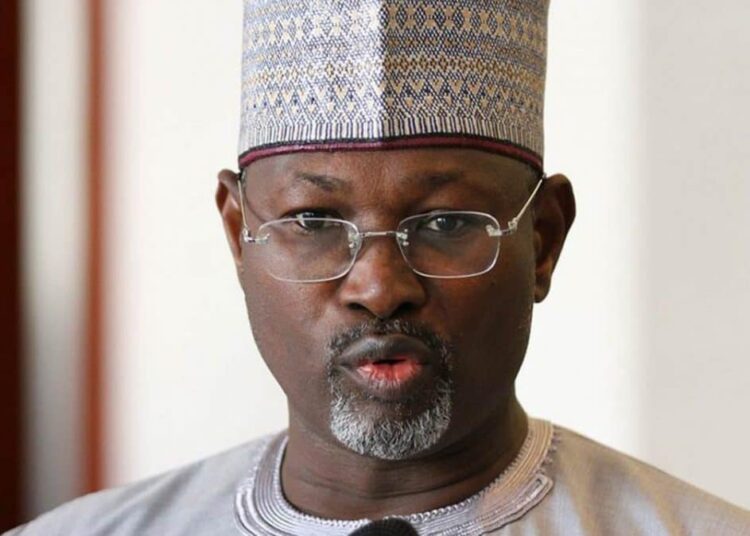Former Chairman of the Independent National Electoral Commission (INEC), Prof. Attahiru Jega, has urged the Nigerian government to exercise caution in its dealings with international financial institutions, notably the World Bank and the International Monetary Fund (IMF).
While acknowledging the benefits of engaging with these organisations, Jega warned that the government should be bold in adopting all their recommendations, as this could lead to long-term challenges for the nation.
Jega made these remarks during his lecture at the 2024 Annual Directors’ Conference, organised by the Chartered Institute of Directors of Nigeria (CIoD). The conference theme was “Good Governance as a Catalyst for Economic Recovery, Growth, and Development.”
He also emphasised the need for reforms in the leadership recruitment process, pointing out that many of Nigeria’s leaders are ill-prepared for their roles, which he identified as a significant challenge facing the country.
Reports indicate that the Bretton Woods institutions have been criticised for influencing President Bola Tinubu’s economic policies, particularly the removal of fuel subsidies and the floating of the naira, contributing to rising inflation.
In response to these concerns, the IMF’s African Region Director, Abebe Selassie, clarified during a briefing at the IMF and World Bank Annual Meetings in Washington, DC, that President Tinubu decided to remove the fuel subsidy domestically. He stated, “We don’t have programs in Nigeria. Our role is limited to regular dialogue, similar to our engagement with countries like Japan or the UK.”
At the IOD conference, Jega called for a strong focus on cultivating democratic governance in Nigeria rather than solely pursuing the kind of good governance promoted by the World Bank. He asserted that this approach is essential for establishing a sustainable path toward what he described as “people-oriented development processes.”
Jega reiterated that while engaging with the World Bank and similar organisations is beneficial, Nigeria must only accept their proposals partially. He cautioned, “We need to be discerning about the measures they suggest; otherwise, we risk inadvertently creating greater medium- to long-term issues, even if we perceive short-term advantages from such engagements.”





